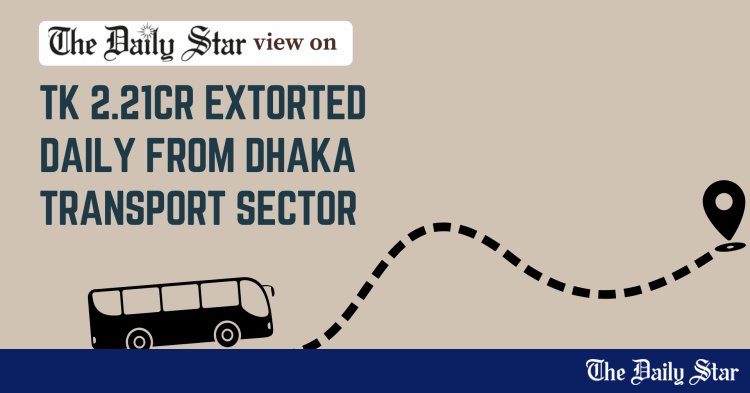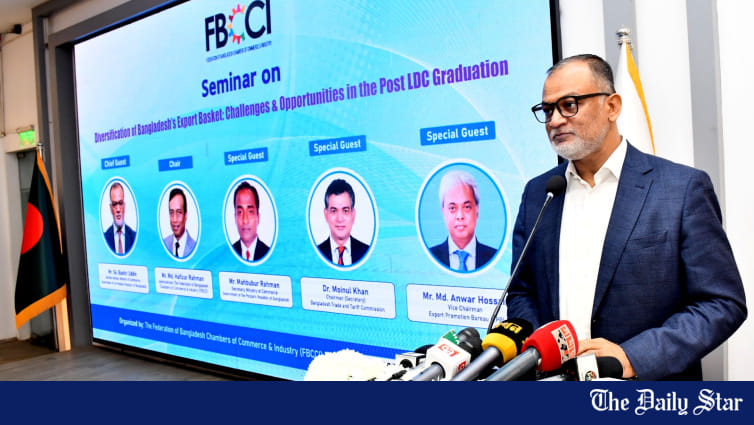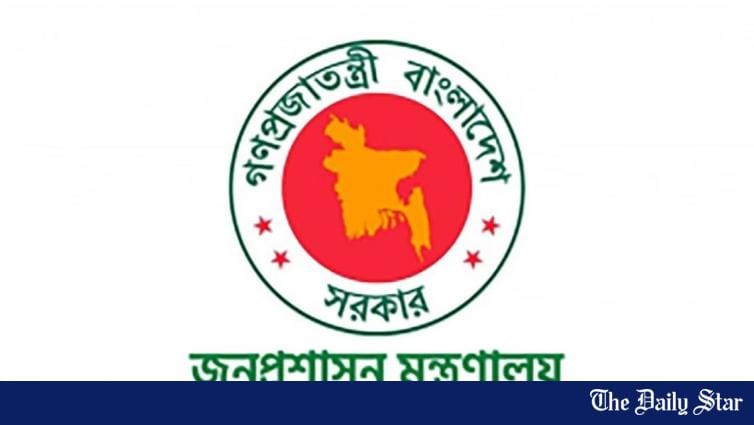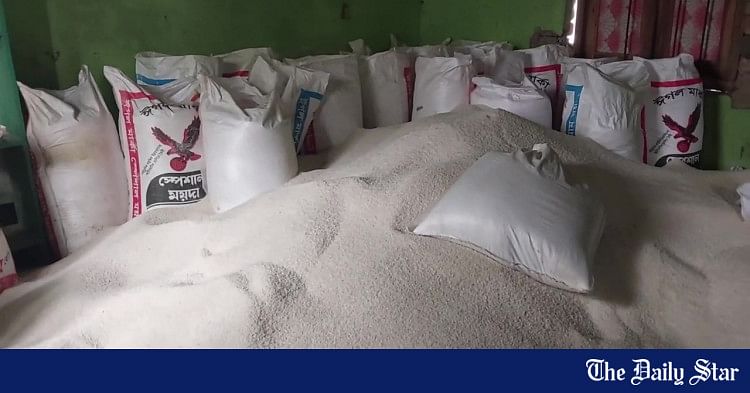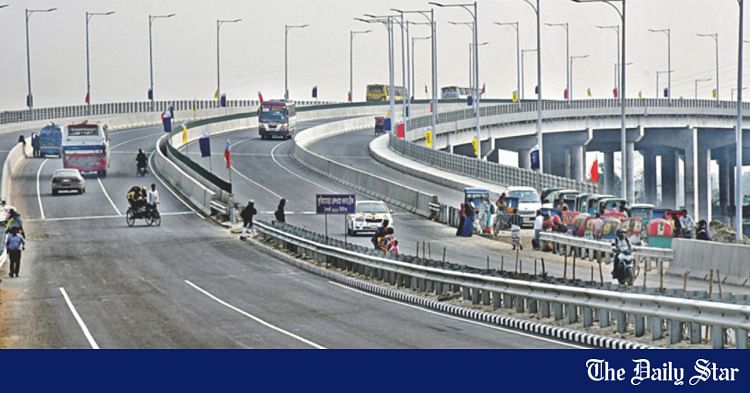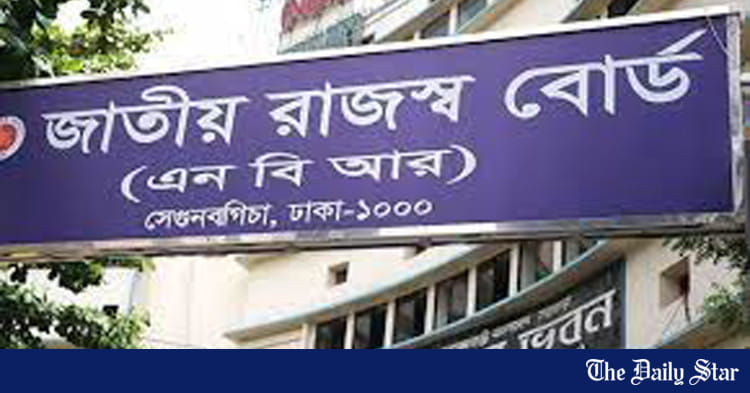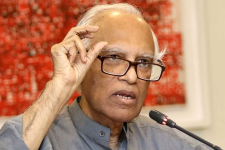- Copy to clipboard
- Thread starter
- #281
Saif
Senior Member
- Joined
- Jan 24, 2024
- Messages
- 15,397
- Reaction score
- 7,865
- Points
- 209
- Nation

- Residence

- Axis Group

ACC investigates BSEC over data smuggling allegations via ‘illegal connection’
bdnews24.com
Published :
Mar 10, 2025 21:40
Updated :
Mar 10, 2025 21:40

The Anti-Corruption Commission, or ACC, has conducted a raid on the Bangladesh Securities and Exchange Commission, or BSEC.
This is the second raid conducted by the anti-graft agency on the BSEC in a week.
The ACC said the raid was conducted to investigate allegations of illegal connection of software linked to the BSEC’s “surveillance” programme, information laundering, fund embezzlement, and irregularities in project implementation.
Four members of the “enforcement” unit led by two assistant directors conducted the raid on Monday morning, the ACC said in a media statement.
It says from 2012 to 2024, the software had a “dedicated” connection to the director’s room outside the surveillance room, which no longer exists.
It is believed this connection containing confidential information may have an impact on the capital market.
The announcement said the drive also examined the implementation of the Capital Market Development Programme, or CMDP, funded by the Asian Development Bank, or ADB.
The project, launched in 2018, will end in 2024. A Project Completion report for the Tk 280 million project has been submitted to the ministry, but the RIS software has yet to be activated and handed over.
The statement also said evidence of irregularities in the implementation of the project was found in the investigation.
On Mar 2, the ACC conducted a drive on allegations of irregularities related to the BSEC’s Initial Public Offering, or IPO, approval.
On the same day, the agency said various institutions had received IPO approval based on false information.
The recommendations and observations of the Dhaka Stock Exchange, or DSE, were not properly considered.
Allegations were also raised about “private placement” fraud, sharp price drops from overpriced shares, and investor losses due to inadequate BSEC regulation.
bdnews24.com
Published :
Mar 10, 2025 21:40
Updated :
Mar 10, 2025 21:40
The Anti-Corruption Commission, or ACC, has conducted a raid on the Bangladesh Securities and Exchange Commission, or BSEC.
This is the second raid conducted by the anti-graft agency on the BSEC in a week.
The ACC said the raid was conducted to investigate allegations of illegal connection of software linked to the BSEC’s “surveillance” programme, information laundering, fund embezzlement, and irregularities in project implementation.
Four members of the “enforcement” unit led by two assistant directors conducted the raid on Monday morning, the ACC said in a media statement.
It says from 2012 to 2024, the software had a “dedicated” connection to the director’s room outside the surveillance room, which no longer exists.
It is believed this connection containing confidential information may have an impact on the capital market.
The announcement said the drive also examined the implementation of the Capital Market Development Programme, or CMDP, funded by the Asian Development Bank, or ADB.
The project, launched in 2018, will end in 2024. A Project Completion report for the Tk 280 million project has been submitted to the ministry, but the RIS software has yet to be activated and handed over.
The statement also said evidence of irregularities in the implementation of the project was found in the investigation.
On Mar 2, the ACC conducted a drive on allegations of irregularities related to the BSEC’s Initial Public Offering, or IPO, approval.
On the same day, the agency said various institutions had received IPO approval based on false information.
The recommendations and observations of the Dhaka Stock Exchange, or DSE, were not properly considered.
Allegations were also raised about “private placement” fraud, sharp price drops from overpriced shares, and investor losses due to inadequate BSEC regulation.


